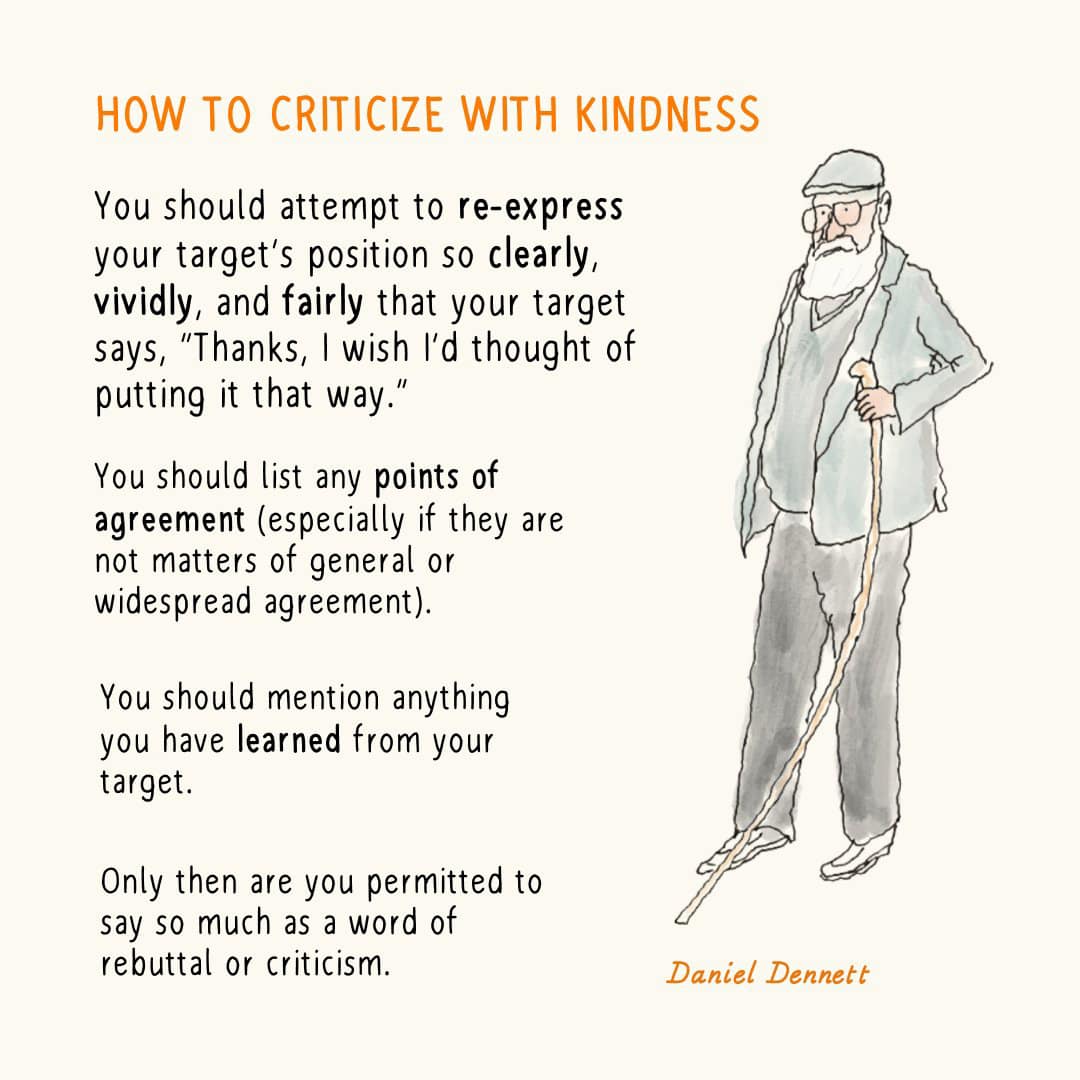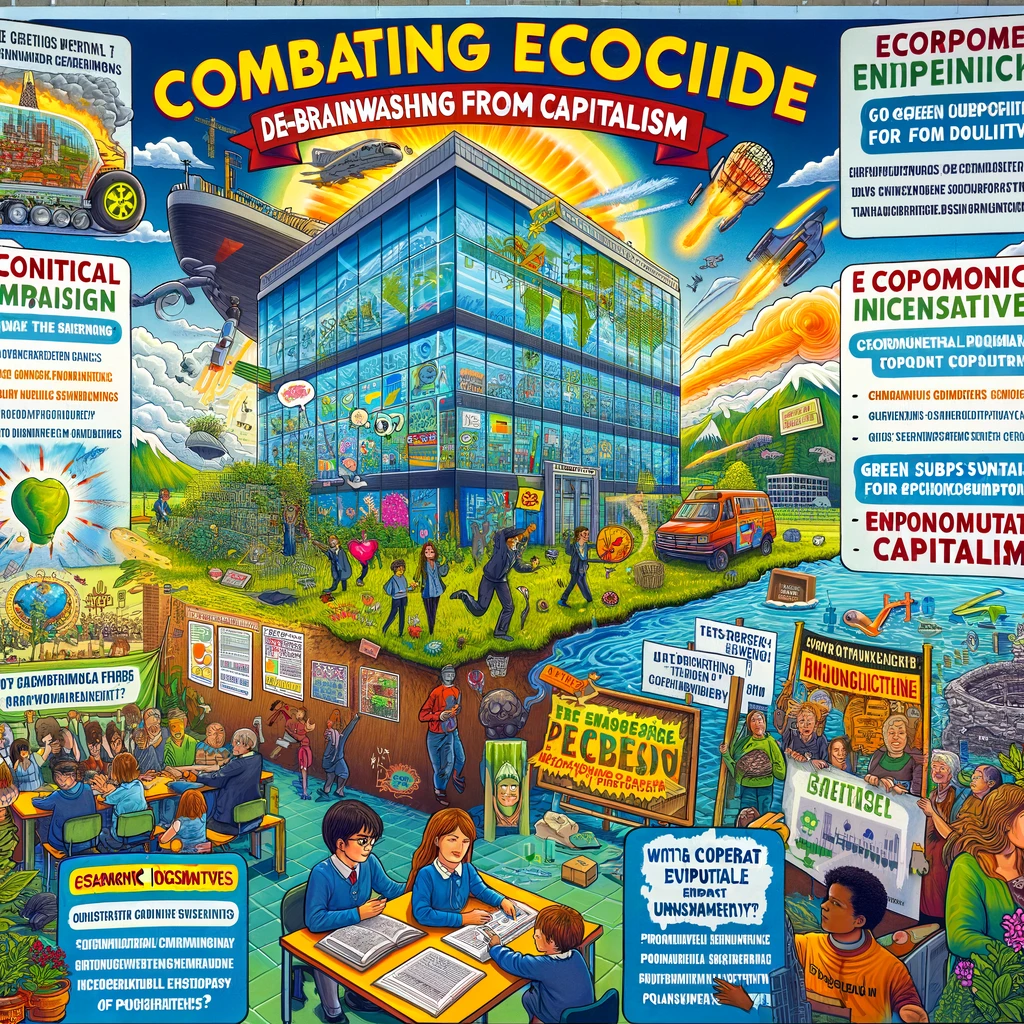2 May 2024 talk at Utrecht University
I’m excited to be giving a talk at Utrecht University’s Ecocide Interdisciplinarity Series Talks for Justice. Part of their Conceptualizing Ecocide project, they get that if we wish to actually create a solid Path to Sustainability, one that isn’t a false floor, riddled with termite holes, that we must dive in deep to the factors that are preventing sustainable processes and organizations from connecting and teeming with the life burgeoning, waiting to be given a chance.
This approach realizes that addressing barriers to sustainability as a natural process is as important as mustering power to support new sustainable ventures. It suggests that sustainability is normative — and indeed, historically it is. It is only certain strands of industrial civilization, which made themselves normative through barbaric colonial practices, and then through more subtle forms through a certain form of ‘globalization,’ which have made it seem as if unsustainability had to do with human beings ourselves, rather than certain ways of structuring society that bring out the most cowardly, greedy, and broken possibilities in us.
A wise society cannot just build sustainability with a mindset captivated by the fears and emotional constructs of unsustainability. That will only lead to further unsustainability.
That is why — with no offense to those who might identify with the colonial — we speak of the need to decolonialize environmentalism and social justice. Many strands of environmentalism, from international treaties to local governments, still operate on principles mistrustful of people, worried about short-term cost-benefit analyses, and other hindrances which prevent experimentation, and supporting successful experiments.
The main point is, of course, is that a plurality of approaches would be very different than our current models of ‘best practices’ which are meant as universals. These too often get applied band-aide like, instead of cleaning out the wound. Local people and communities do benefit from organization and structure and resources, but ultimately, locals need to determine how to preserve their terroir while easing out of ecocide. That is the only mode that will preserve their semiotic culture, their traditions, their familiarity, their sense of self, and ability to navigate their environments.
And we should be prioritizing those peoples and areas that have been most successful in maintaining their ecologies and traditions, and leaving them alone from pressures to homogenize for the sake of extraction. We should give their resources to fight back against the sources of predatory corporatism and extractivism. Or, better yet, we should, as the moneyed, intellectual, global centers, do that for them, so they don’t even need to bother with the mess that we have created, which is going after them, so that they can simply live their ecological cultural lives, without constant threat. That would be ethical.


Seminar Abstract
Where does the idea come from, that it is viable to artificially reproduce ecosystem services as a substitute for continuing to destroy functioning ecosystems? From mining to the green revolution, industrial culture has assured us that the costs — to nature and human nature, are unavoidable, not that bad, and are simply the price we pay for progress and innovation. This constraint into a monologic of nature-adversarial technologies assumes that the status quo is the only option, that there is no alternative. Scientists and indigenous peoples for a long time have been claiming the opposite: that the Archimedean point that must remain fixed is that of living in balance with the complexity of our biosphere, that these limits cannot be transgressed without remainder, and that respect is called for. This talk will discuss concrete examples from mining, agriculture, and other industrial processes to analyze how the contemporary crisis of meaning is intimately tied to the ecological crisis, and approaches solutions through actions that multisolve for all actors rather than just carbon, disembodied biodiversity, or any other single-metric approach.
